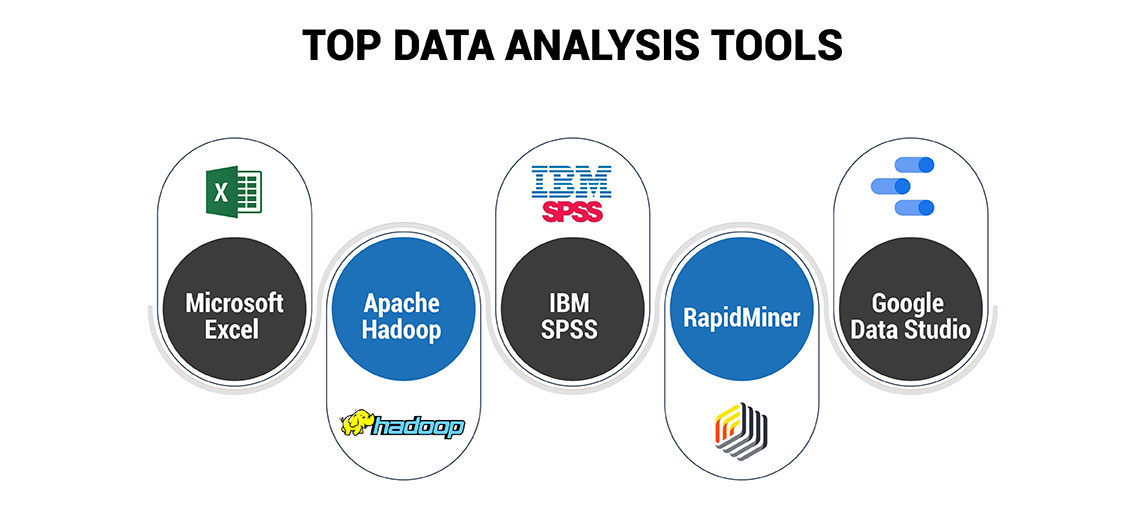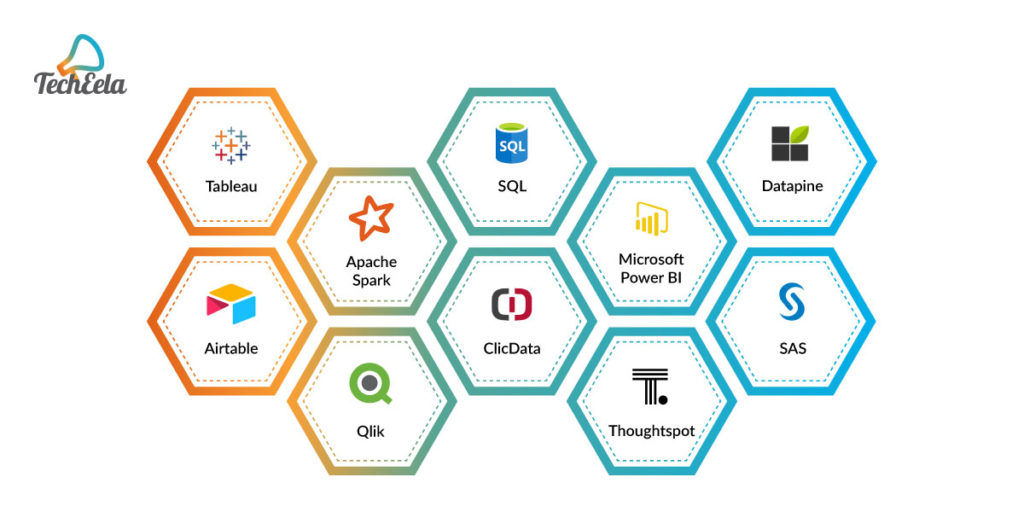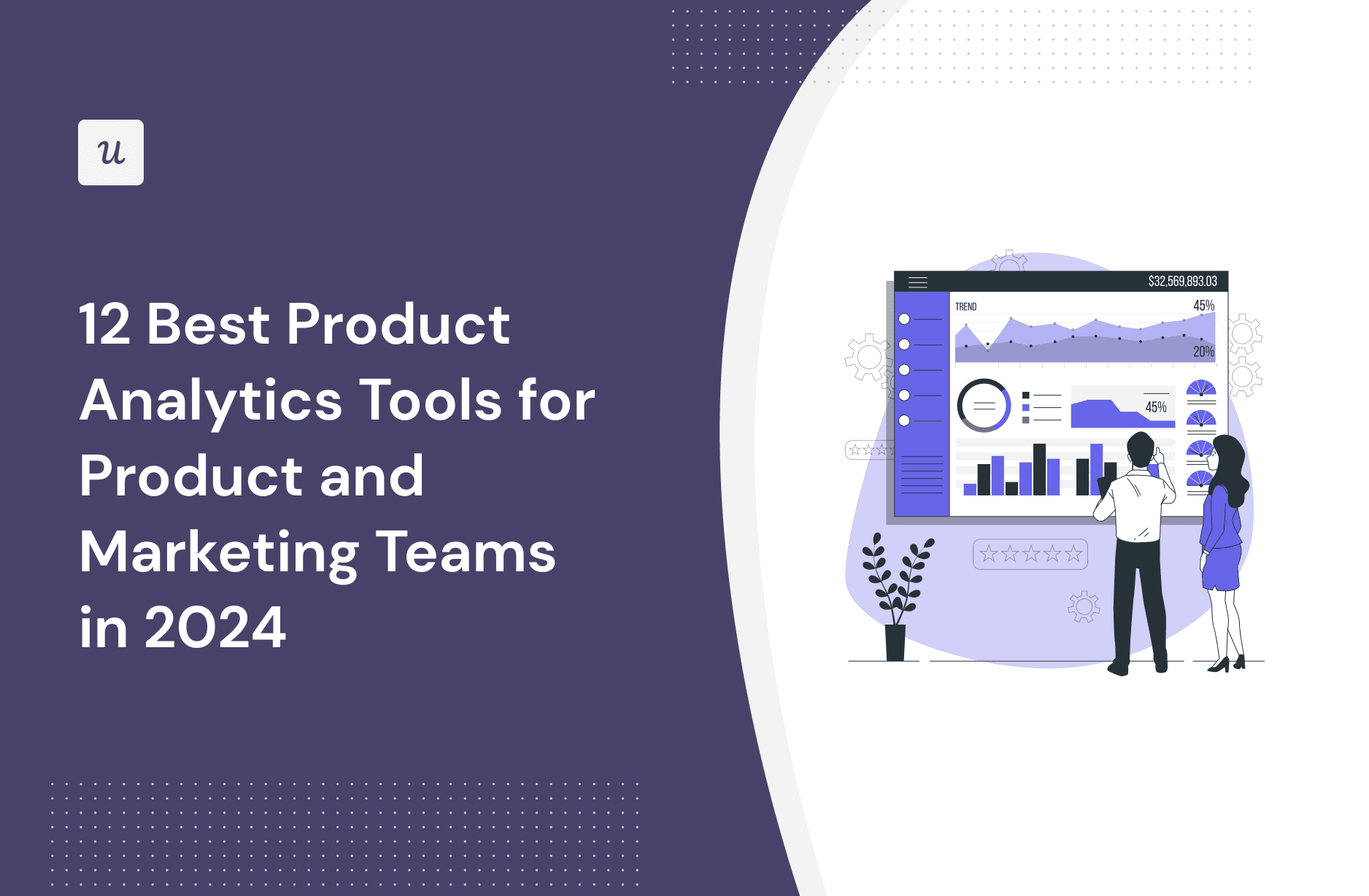Leverage Predictive Analytics for Future-Ready Choices
Leverage Predictive Analytics for Future-Ready Choices
Blog Article
Make Best Use Of Growth: How Analytics Drive Better Techniques
In today's data-driven landscape, organizations increasingly recognize the essential duty of analytics fit efficient development strategies. By harnessing information understandings, organizations can improve their operational strategies, prepare for market modifications, and improve consumer engagement. However, the obstacle exists not only in gathering data yet in properly analyzing it to drive tangible results. As we discover the key advantages and methods connected with analytics, a vital inquiry arises: exactly how can organizations guarantee they are leveraging these understandings to open their complete potential? The response may redefine the future of critical planning.
Recognizing Information Analytics
Data analytics is a systematic computational analysis of data that makes it possible for companies to discover purposeful patterns and understandings. This process includes a selection of methods, consisting of analytical analysis, predictive modeling, and information mining, which jointly aim to change raw information into workable details - Analytics. By using these techniques, companies can make educated choices that are rooted in empirical evidence instead than instinct alone
The structure of data analytics depends on its capacity to manage vast quantities of info from diverse sources. This includes structured data, such as data sources, and disorganized data, including social networks interactions and customer feedback. Via using specialized software program and devices, analysts can extract and refine this information effectively, identifying trends and relationships that might not be immediately apparent.
Recognizing information analytics also includes acknowledging the value of data quality and honesty. Trusted and exact data is crucial for meaningful evaluation; therefore, organizations have to carry out durable data administration methods. The iterative nature of analytics enables for continuous refinement and renovation of techniques, ensuring that companies remain dexterous in the face of altering market characteristics and consumer actions.
Key Benefits of Analytics

One of the key benefits of analytics is its ability to provide workable understandings. Organizations can promptly examine vast quantities of information, uncovering patterns that may not be instantly obvious.
Another considerable advantage is improved client understanding. Analytics tools enable organizations to segment their target market, track consumer actions, and customize advertising efforts. This targeted approach not only improves consumer involvement yet likewise drives higher conversion rates.

Implementing Analytics Strategies
To completely understand the benefits of analytics, organizations have to adopt structured approaches for implementation. This begins with plainly specifying objectives that line up with more comprehensive company goals. By developing specific, measurable end results, companies can focus their analytics efforts on areas that yield the greatest roi.
Following, organizations must focus on data governance to make sure the honesty and security of the data being examined. This entails establishing protocols for data collection, storage, and accessibility while sticking to pertinent regulations. Guaranteeing high-grade information is crucial for generating significant insights.
Additionally, fostering a society of data-driven decision-making is crucial. This calls for training employees to interpret analytics searchings for and motivating cooperation throughout divisions. They are a lot more most likely to integrate insights into their day-to-day procedures. when teams comprehend the value of analytics.
Lastly, organizations should consistently review and refine their analytics approaches. The landscape of information and innovation is constantly evolving, and staying versatile will certainly allow companies to utilize new tools and methodologies properly. By carrying out these structured strategies, companies can make the most of the effect of their analytics campaigns and drive lasting growth.
Devices for Reliable Evaluation
Effective evaluation relies upon a selection of tools that facilitate the removal of insights from information - Analytics. These tools can vary from basic spreadsheet applications to innovative device finding out platforms, each offering an unique objective in the analytical procedure
Information visualization software application, such as Tableau and Power BI, plays an important duty in transforming complex datasets right into reasonable visual representations. These tools allow analysts to identify trends and patterns swiftly, enabling even more enlightened decision-making.
Analytical analysis software application, like R and SAS, supplies advanced abilities for conducting extensive evaluations, consisting of regression, theory testing, and predictive modeling - Analytics. you can try here These functions encourage companies to draw meaningful final thoughts from their information, recognizing potential opportunities and risks
Moreover, data source monitoring systems such as SQL and NoSQL data sources give the essential infrastructure for storing and querying large quantities of information efficiently. They ensure that data is organized and available for analysis.
Lastly, company intelligence platforms integrate various information sources, providing an extensive view of organizational performance. By utilizing these tools successfully, businesses can enhance their logical abilities, allowing them to establish methods that make best use of growth and improve total performance.
Situation Research Studies of Success
Effective organizations typically leverage information analytics to drive impactful strategies, as shown by several remarkable case researches. By employing these understandings, Netflix has effectively tailored its material referrals, resulting in raised customer involvement and subscriber retention.

Furthermore, Starbucks uses information analytics to determine optimal store places and improve its product offerings. By analyzing client demographics and buying patterns, Starbucks efficiently recognizes high-potential markets and customizes its food selection to local tastes, driving sales and customer loyalty.
These case studies illustrate that effective use of information analytics can cause calculated benefits, fostering innovation and development within organizations across numerous sectors.
Conclusion
In conclusion, the combination of analytics into business approaches considerably enhances decision-making processes and cultivates sustainable growth. By leveraging data-driven insights, organizations can recognize trends, expect market changes, and optimize operations. find The effective execution of analytics devices additionally supports agility and innovation, making it possible for companies to browse affordable landscapes with greater accuracy. Inevitably, a commitment to analytics not just drives prompt performance improvements but additionally protects long-term success in an ever-evolving industry.
Information analytics is a methodical computational analysis of information that enables companies to uncover purposeful patterns and insights.Recognizing data analytics additionally includes identifying the importance of information quality and stability. Reputable and exact information is vital for meaningful evaluation; hence, organizations need to carry out durable information governance methods.Following, companies ought to prioritize information administration to guarantee the stability and protection of the information being evaluated.Effective companies frequently take advantage of information analytics to drive impactful strategies, as confirmed by a number of notable situation research studies.
Report this page